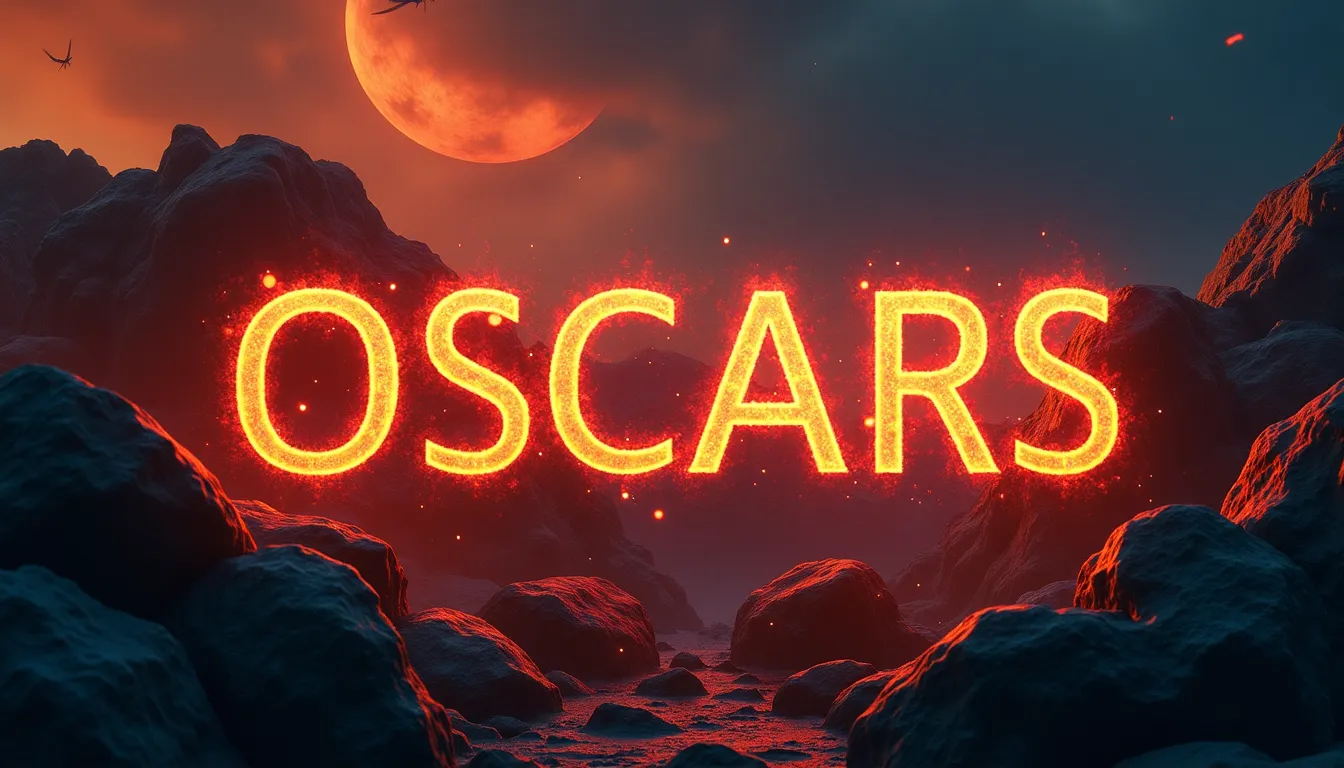AI Controversies Heat Up Oscars Race

The integration of artificial intelligence in film production has turned into a contentious issue during the current movie awards season. At least two prominent contenders for this year’s Oscars, including The Brutalist and Emilia Pérez, have utilized AI voice-cloning technology to enhance actors’ performances, which has sparked debates about the implications of such practices in the industry.
In a recent interview with Red Shark News, editor Dávid Jancsó of The Brutalist discussed employing AI to perfect Hungarian dialogues for lead actors Adrien Brody and Felicity Jones. Jancsó revealed that despite efforts with dialect coaching and traditional editing techniques, crafting authentic Hungarian language for the characters proved challenging. He utilized AI software developed by the Ukrainian company Respeecher to create seamless vocal performances that blended the actors’ original voices with precise Hungarian pronunciation.
Jancsó emphasized that the AI application was not intended to alter the essence of the performances but to refine certain sounds to achieve greater authenticity. Following the backlash against this method, director Brady Corbet reiterated in a statement that the actors’ performances remained their own and that AI was used solely for linguistic corrections.
Similarly, voice-cloning technology has been employed in the musical Emilia Pérez to enhance the vocal range of Karla Sofía Gascón, revealing a trend within the industry of using AI to facilitate artistic expression. Film re-recording mixer Cyril Holtz indicated that combining Gascón’s voice with that of pop artist Camille aimed to enrich the musical’s auditory landscape.
In stark contrast, the horror film Heretic, starring Hugh Grant, has taken a hardline stance against AI, publicly proclaiming that no generative AI was utilized in its making. This highlights the growing divide within Hollywood regarding the role of AI in creative processes. The recent strikes among actors and writers emphasize concerns about job security and artistic integrity in light of evolving technological applications.
The use of AI in filmmaking has led to varying opinions, with notable filmmakers, including Paul Schrader, experimenting with AI tools to generate creative ideas. Schrader remarked on the potential efficiency of AI in scriptwriting, arguing that it could serve as a catalyst for innovation rather than a technological threat; however, he noted that many view AI as a disruptive force rather than progress.
As the Oscars nominations approach, with final selections to be announced on January 23, the influence of these AI controversies remains uncertain. While Brody’s strong performance has already garnered recognition leading to a Golden Globe win, Gascón could potentially make history as the first out trans actor nominated for the best actress Oscar, raising the stakes for how AI’s role in filmmaking will be perceived.